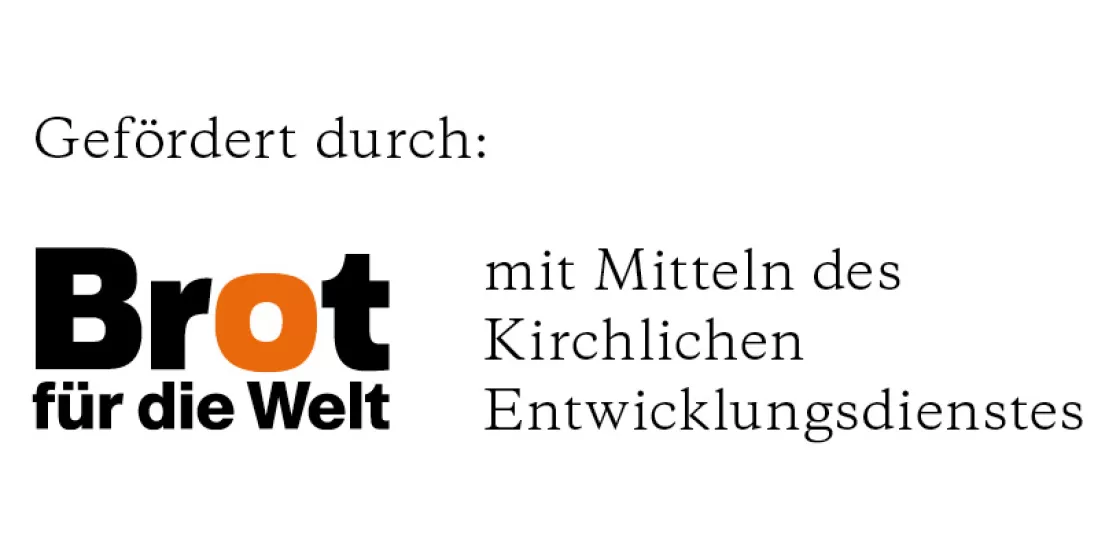On 22 and 23 May, 900 decision-makers from countries, regions and cities as well as stakeholders and experts from around the world convened for the International Conference on Climate Action (ICCA 2019) in Heidelberg. Their aim: strengthening mitigation and adaptation measures, especially in urban areas, by improving coordination and cooperation across all levels of government and with civil society and the private sector. The diverse group of participants made a significant contribution towards that goal by sharing their experiences and making strong commitments for collaborative climate action and providing input for the UN climate change summit on 23 September 2019.
The importance of cities and urban areas cannot be overemphasized: In 2050, the year the world must be net carbon neutral, more than two thirds of the human population will be living in an urban area[1]. Even today, when 50 percent of the world’s populace are urbanites, cities are responsible for more than 2/3 of greenhouse gas emissions. Therefore, decisions in cities affect people beyond its limits. The way in which cities organise their transport systems, the amount of energy they use and from which source and the regulation they introduce and enforce will be a crucial factor in the race to achieving the 1.5°C goal. However, even in a 1.5°C world, cities will face more frequent and more severe storms, heat weaves, droughts, flash floods and, in coastal areas, the consequences of sea-level rise. This will have a grave impact on the population, especially the poor and vulnerable. In order to prevent, reduce and cushion dire consequences, cities have to adapt to these changing conditions. That is why “Infrastructure, Cities and Local Action” is one of the seven action areas of the UN climate change summit in September. ICCA 2019 was an official preparatory conference and its results especially contribute to this theme.
The need to consider climate change when planning cities
Already today, cities face tremendous challenges. Especially in the Global South, population growth overburdens local authorities and the number of people in informal settlements soars. While there is a multitude of reasons, this is further fuelled by climate change as people flee the rural areas that do not sustain them anymore. People in informal settlements have worse access to transport, education, sanitation and often electricity. Even more, they are often not represented in planning processes, making it impossible to make their voices heard.
Climate change is already and will increasingly add to these challenges. In densely populated areas with highly accumulated assets, extreme weather events can cause tremendous damage. Soil sealing impedes rainwater discharges, hence, creating conditions in which floods are more severe and more likely. Due to the density of built infrastructure and a lack of trees and plants, cities tend to be significantly warmer than rural areas – putting additional stress on the sick, small children and elderly. Moreover, most of the world’s megacities are located in coastal areas. Slow-onset events such as sea level rise will render parts of some cities uninhabitable and other presented with severe occasional floods.
Providing dignified, net carbon neutral and resilient living for its inhabitants will be the major task for cities in the upcoming decades. This is a chance and a challenge at the same time. Since a substantial amount of 2050’s urban infrastructure is yet to be build, the path to sustainable urban living is still wide open. However, due to rapid growth and a lack of resources and capacities, many cities are still heading in an unsustainable direction.
Collaboration and participation in urban planning
One way to deal with these constraints are partnerships and collaboration. Partnership and participatory decision-making within a city help addressing the needs of all inhabitants, especially the most vulnerable. Partnerships among cities create a pool of ideas and solutions. Rather than reinventing the wheel every time, proven practices can be replicated in similar contexts. Beyond that, the national and regional political frameworks must enable cities to act – a close cooperation between different levels of governments is crucial in that regard. Still, without access to financial means, even the best of ideas will not be implemented.
ICCA 2019 addressed all of these aspects in 16 workshop and several plenary sessions. The conference covered a wide range of topics: From finance over planning to very specific solutions in the fields of transportation and energy transition. The “Climate Neighbourhoods” format offered open spaces in which experiences could be exchanged and discussed in a less formal way.
Next steps
The so-called Heidelberg outcomes – gathering recommendations from the 16 workshops – will be presented to the UN Secretary General in June 2019. Beyond that, the Heidelberg declaration that is currently in its signing phase, the decision-makers from national, regional and local level demonstrate their commitment to action and the willingness of to transparently cooperate and share experience.
ICCA 2019 was an important step towards the UN Climate Action Summit in September in New York as the implementation on the national climate plans (NDCs) will be driven from the local level, by cities and regions worldwide. In their unanimously demonstrated will to cooperate and to bring action to the ground, participants set a positive tone for the tremendous tasks that lie ahead. ICCA 2019 delivered real-life examples, best practices and recommendations for next steps.
However, ICCA 2019 made clear that there are still a lot of remaining questions. How to deal with powerful vested interests? How to achieve meaningful participation and collaboration under conditions of already overstrained city administrations? How to access finance with limited city budgets? And most importantly: How to deal with all the best practices examples out there? Only if we improve, replicate and upscale urban and regional implementation examples quickly, we will be able to stay below the 1.5°C limit and ensure that people can live dignified lives within cities. This is where the UN Climate Action Summit must deliver!
[1] UN Desa (2018): 2018 Revision of World Urbanization Prospects. https://population.un.org/wup







